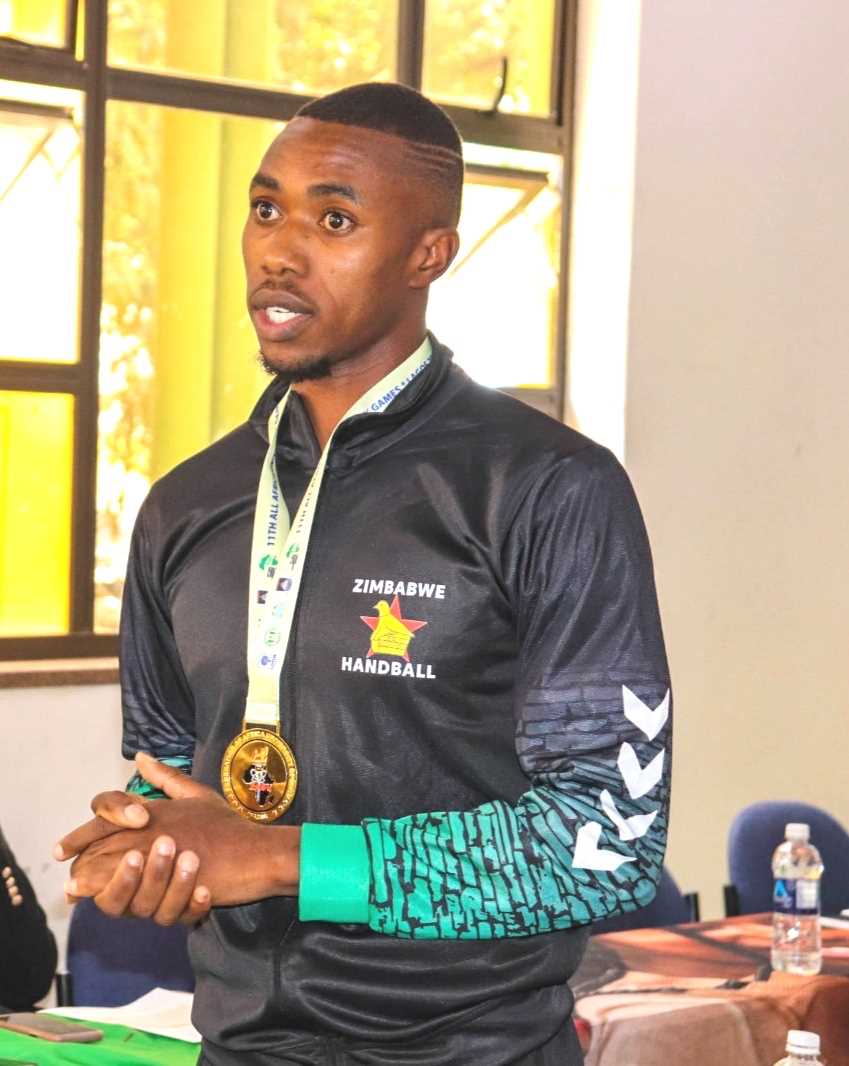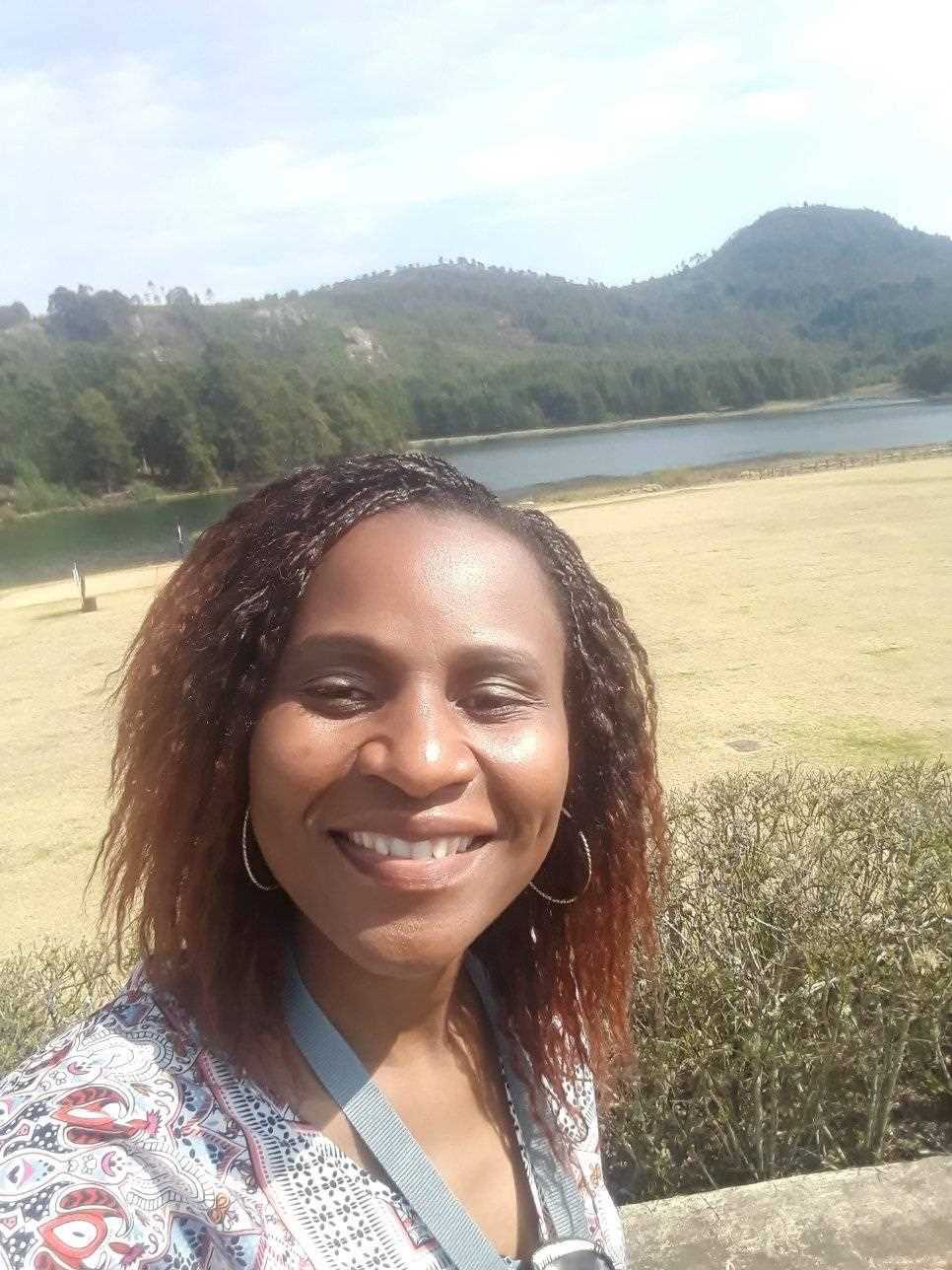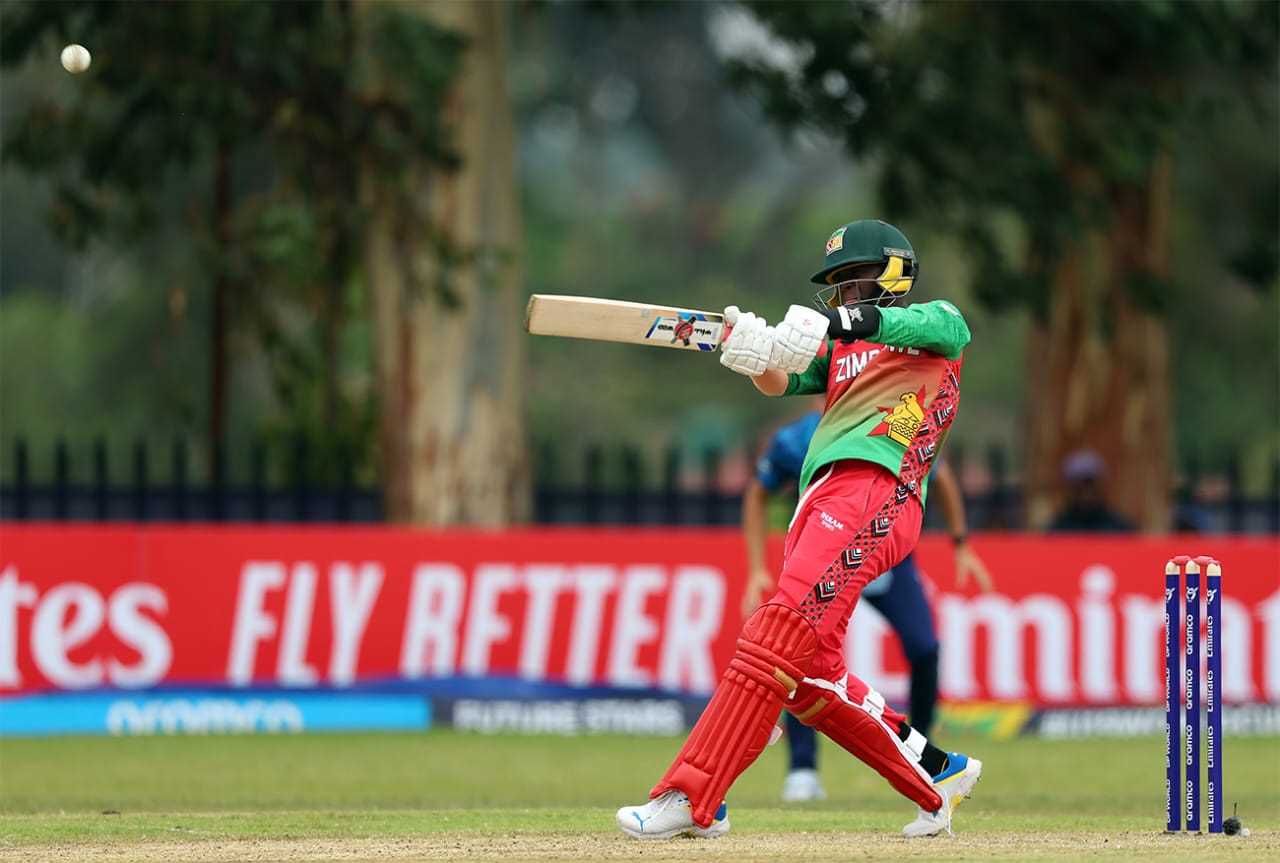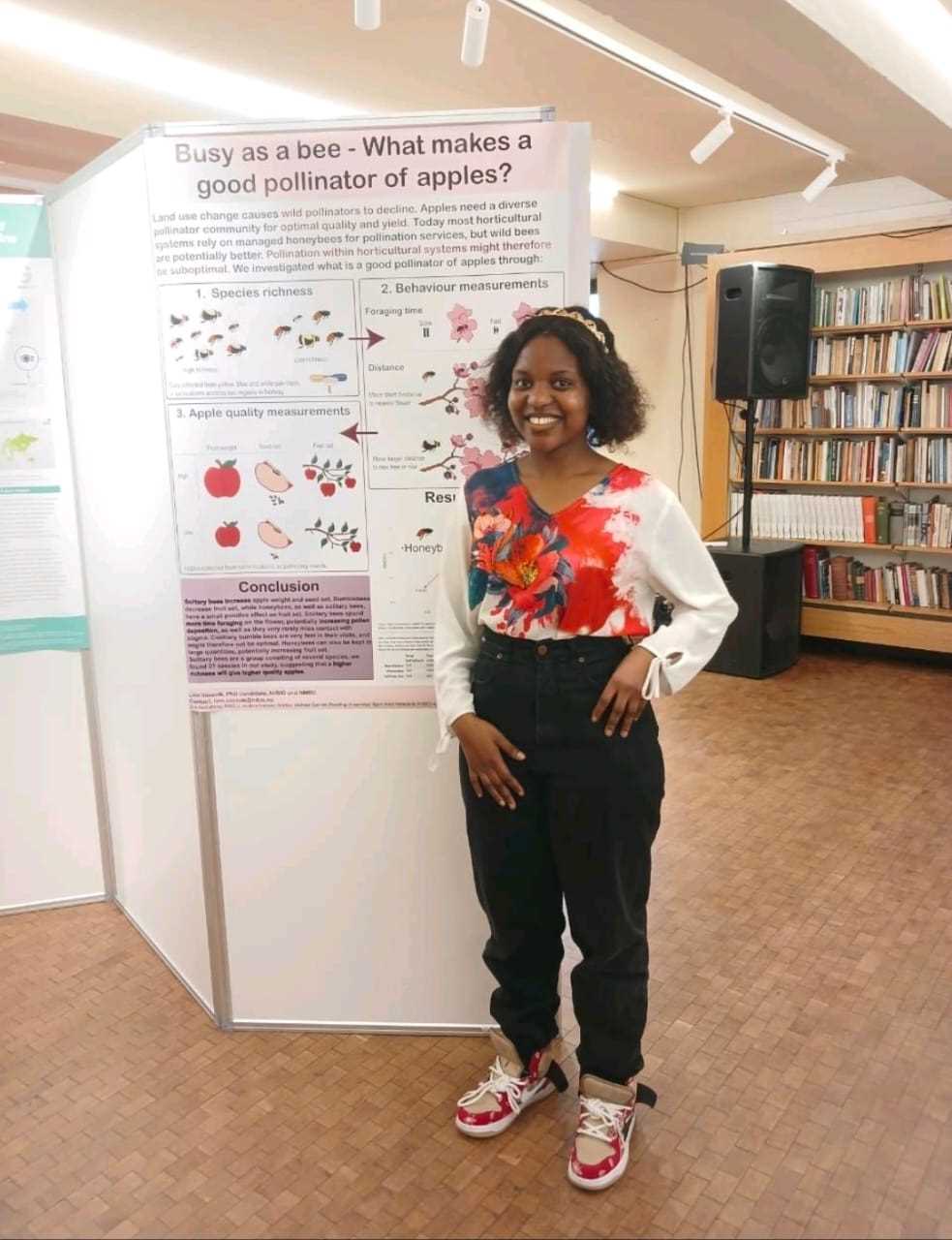
Patience Muchemwa
Senior Reporter
Shemaiah Bota's journey in handball is a story of transformation, determination, and the profound impact sports can have on one's life. Born in Mazowe and raised in Chitungwiza, Shemaiah’s early years were shaped by humble beginnings.
"I was just a nobody, growing up in a small town," Shemaiah reflects. "But sport, especially handball, gave me a chance to dream bigger and see the world."
Before he discovered his love for handball, Shemaiah was a volleyball player, specifically a libero. It was during his time at Churchill Boys High School that Shemaiah’s life took a significant turn. In Form 1, he was introduced to handball by Coach Innocent Kanosvova, marking the start of a new chapter in his sporting career. "When Coach Kanosvova introduced me to handball, I had no idea how much it would change my life. It was the beginning of a new passion," he says.
At the outset, Shemaiah was drawn to the sport’s fast-paced nature and the sense of camaraderie that came with playing in a team. His skills rapidly improved as he joined Top Stars Alliance (TS Alliance), a club renowned for developing some of the best handball talent in Zimbabwe.
"Joining TS Alliance was a game-changer for me. The players were the best in the country, and being surrounded by such talent pushed me to grow every day," Shemaiah recalls.

It was at TS Alliance that Shemaiah’s abilities were honed, as he trained alongside the country’s top players and competed against elite clubs. His dedication paid off when he was selected to represent Harare Province at the Youth Games, where he played for six years.
Shemaiah’s success did not stop there; he went on to become a key member of the Zimbabwe U20 handball team, which participated in the Zone 6 tournaments for three consecutive years.
"Playing for Zimbabwe at such a young age was a huge honor. It taught me about discipline, resilience, and what it means to represent your country on the world stage," Shemaiah says.
These experiences were pivotal in shaping his career and deepening his love for the sport. Handball, for Shemaiah, became more than just a game; it was a gateway to personal and professional growth, both on and off the court.
Transitioning from player to coach, Shemaiah discovered a new level of fulfillment. "Being a coach has brought me even more joy than playing. It’s about seeing others grow and being a part of their journey," he explains.
His involvement in handball as both a player and a coach has been incredibly rewarding.
As a player, he thrived in the collaborative nature of the sport, where building trust and relationships with teammates was key. That same sense of community and teamwork is what he strives to foster as a coach. There is a special joy in seeing his players grow, not just as athletes but also as individuals.
"Watching my players improve, not just in the game but in life, is incredibly fulfilling. The bonds you form on the court last a lifetime," Shemaiah says.
Related Stories
As a coach, Shemaiah finds strategic thinking to be a critical component of the game. Whether on the court or from the sidelines, devising tactics and executing game plans is a thrilling challenge.
"The mental aspect of handball is just as important as the physical. Knowing how to adapt your strategy in the middle of a game can make all the difference," he shares.
The ability to influence the game through strategy is something Shemaiah relishes in both roles, and his success as a coach is a testament to his deep understanding of the sport. One of his most notable coaching achievements was leading the Women’s University in Africa men’s handball team to a Gold medal at the 11th Federation of African University Sports Games.
This achievement marked a high point in his coaching career, reaffirming his passion for the sport and his commitment to nurturing young talent. "Winning that Gold medal felt incredible, but it was about more than just the victory. It was proof of how teamwork, strategy, and trust could lead to success."
However, balancing the dual role of being a national team player and a coach comes with its own set of challenges. Time management, mental fatigue, and emotional investment are just a few hurdles Shemaiah has had to navigate.
"The toughest part of being both a player and coach is finding balance. It can be exhausting, but it's also rewarding to see both roles complement each other," he reflects. Yet, despite these challenges, he finds the experience to be enriching, providing unique insights into both individual growth and team development.
"Being a coach has made me a better player, and being a player has made me a better coach," he adds.
Beyond his dedication to handball, Shemaiah leads a fulfilling life outside the sport. As an architect by profession, he brings creativity and design into his everyday life. "Architecture allows me to express my creativity in a different way, but it’s also a way to connect with my community," Shemaiah says. Additionally, Shemaiah is passionate about giving back to his community.
He volunteers his time coaching youth sports and helping with community events, demonstrating his commitment to making a positive impact in areas beyond the playing field. "Coaching youth sports is my way of giving back. I want to inspire the next generation to pursue their dreams, just like I did.
For young athletes, Shemaiah’s journey offers valuable lessons on balancing sports, academics, and personal life. He believes that with the right strategies, it is possible to succeed in all areas of life.
"You need to manage your time well, set realistic goals, and stay disciplined. But above all, don’t forget to enjoy the journey," Shemaiah advises. His advice includes prioritizing time management, setting realistic goals, communicating effectively with coaches and teachers, and maintaining a healthy lifestyle.
Learning to say "no" when necessary, making time for self-care, and embracing the journey are also key elements to living a fulfilling and successful life as an athlete.
As an experienced athlete, Shemaiah offers aspiring players several key insights that have shaped his own success. He encourages them to develop a growth mindset, commit to consistent practice, and set realistic goals. Prioritizing teamwork, focusing on fitness and conditioning, and studying the game are also critical factors for success. "Stay committed, be patient, and trust the process.
Success doesn’t happen overnight," Shemaiah advises. Maintaining a positive attitude, balancing sports and life, and staying committed and patient are crucial for long-term success in any sport. Ultimately, Shemaiah emphasizes the importance of enjoying the journey and appreciating the process of growth, both on and off the court. "At the end of the day, it’s all about enjoying the game and growing as an individual," he concludes.
Shemaiah Bota’s profile is a shining example of what can be achieved through passion, dedication, and a love for the game. From humble beginnings in Mazowe to international success as both a player and a coach, Shemaiah’s story is one of resilience and hard work.
His impact on the handball community in Zimbabwe and beyond continues to inspire future generations of athletes. Whether on the court or off it, Shemaiah’s journey demonstrates that nswith determination and a commitment to personal growth, anything is possible.




















Leave Comments